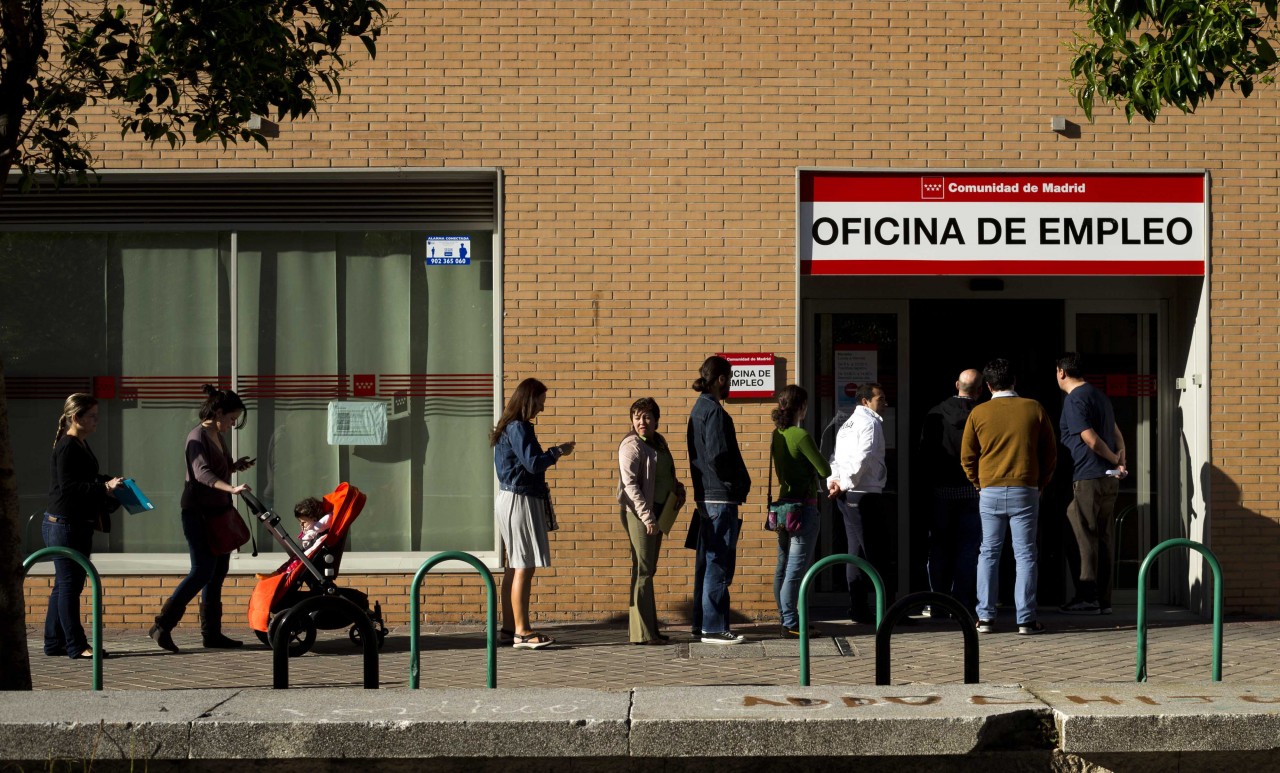Articles
Articles and analyses from the INET community on the key economic questions of our time.

The Unfairness of Housing Purchases Through Time
Amid the ongoing research interest in questions of inequality, it is important to examine the question of access to housing — and how that has changed over the decades. The specific question I have sought to answer, here, is whether the real cost (measured against income) of buying the average home has risen.
The Road not Taken
Three Questions with Dean Corbae

Towards a theory of shadow money
Struggles over shadow money today echo 19th century struggles over bank deposits.

The Global Consumption and Income Project
We have developed over a number of years and now make publicly available a new and unprecedented data resource for understanding levels of living, poverty, inequality and inclusivity of growth and development around the world.

When Things Fall Apart
Democratic capitalism is an evolving system that responds to crises by radically transforming both economic relations and political institutions. The time for a new phase has come, regardless of whether “responsible” politicians are prepared to admit it.

Blanchard, the NAIRU, and Economic Policy in the Eurozone
A recent policy brief by Blanchard (2016), based on an earlier paper (Blanchard, Cerutti, Summers 2015) raises a number of interesting points concerning the NAIRU and the Phillips Curve, which are further discussed in the comment on the paper by Ball (2015).
Marcello de Cecco (1939-2016)
Politics & Economics Don't Mix

Three Questions with Matthew Desmond
HCEO’s new three-question series will regularly publish quick Q&As with members who will discuss their work, frontiers in the field of inequality that could use more knowledge, and advice for emerging scholars.

Economic Forecasting Models & Sanders Program Controversy
The Romer/Romer letter to Professor Gerald Friedman marks a turning point. It concedes that there are indeed important issues at stake when evaluating the proposed economic policies of Presidential Candidate Bernie Sanders. These issues go beyond the political debate and should be discussed seriously between and among professional economists.

Let Them Drink Pollution?
The tragic crisis in Flint, Michigan, where residents have been poisoned by lead contamination, is not just about drinking water. And it’s not just about Flint. It’s about race and class, and the stark contradiction between the American dream of equal rights and opportunity for all and the American nightmare of metastasizing inequality of wealth and power.

Friendly Fire
Comments on “German Wage Moderation and the Eurozone Crisis: A Critical Analysis” by Servaas Storm
The Gift of Deregulation
Renminbi to the Rescue?

The SDR is the Catalyst for China’s Currency Internationalization
There is a deeper story to be told about the inclusion of the Renminbi.